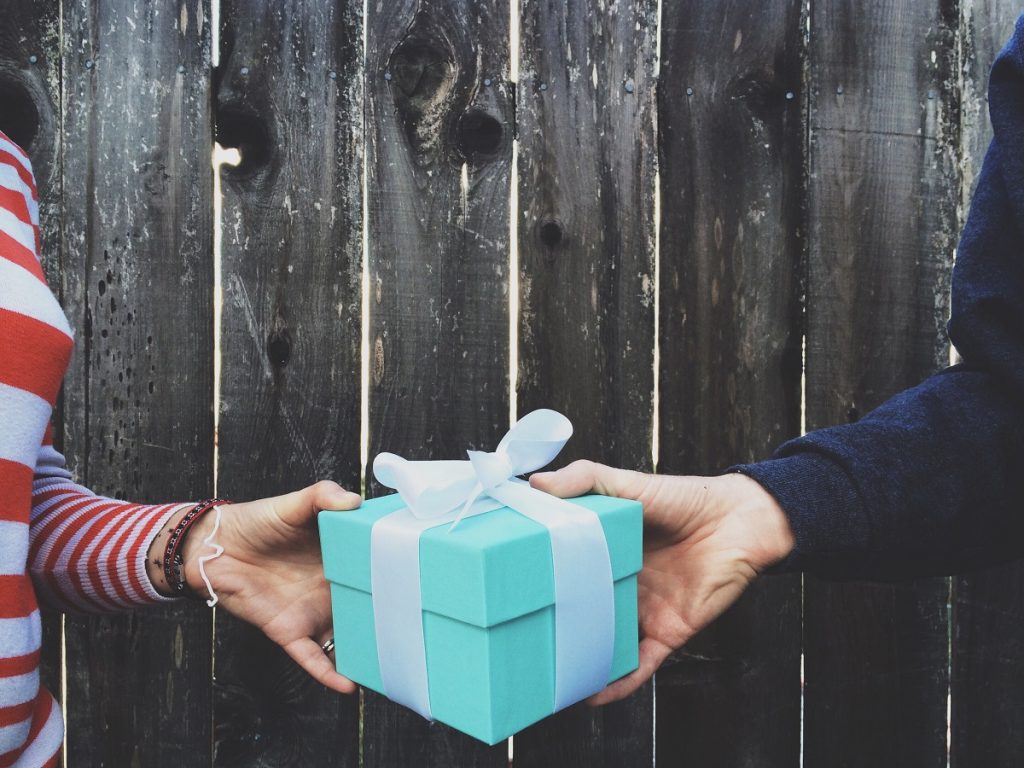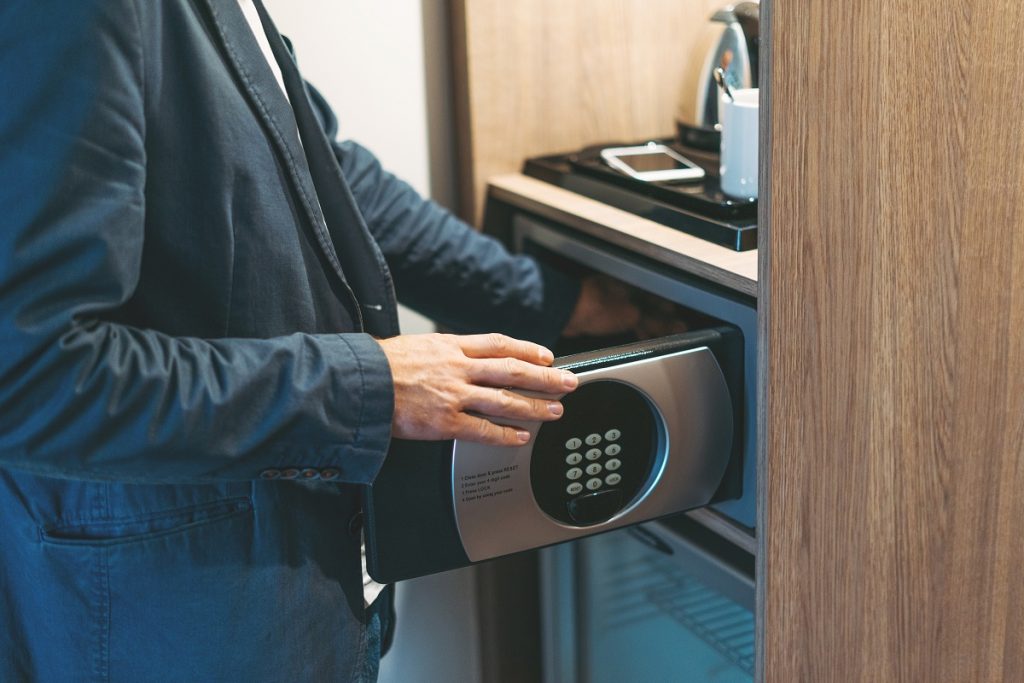
Talking about cannabis and any restricted drug with children is essential. Some studies suggest that by the time a child is 14, they have already been approached to try cannabis, alcohol, or another controlled substance. How do MMJ parents handle the quandary? To talk about it, or to hide it from their children?
The long-time stance for most parents has been to prohibit it. Both for concerns about legal problems for their child, as well as safety issues related to impairment. And whether parents used cannabis privately and carefully out of sight, the rule has always been clear. Don’t do it. But now that medical cannabis is accessible for qualified patients in 34 states, how are families managing?
Naturally, every parent wants to protect their child. And chances are your parents didn’t allow it in their home. But when the state has approved you for medical marijuana, what steps should you take to prevent confusion about legality and safety for kids?
We received a message on our Facebook page from a concerned parent who has just been issued her medical card. Her concerns as a good parent are legitimate and something many adults in households with minors are thinking about. And perhaps worried about as well.
Let’s just get this out of the way. Giving cannabis to anyone when you have a medical card is illegal. Unless you live in a state that has legalized adult-use. The medical cannabis you are eligible to purchase for your health condition is meant for the patient’s exclusive use. Giving some of your cannabis to a family friend or relative, for example, can be a misdemeanor or a felony offense (depending on the state).

Some people get into legal trouble without a full awareness of the laws that govern medical cannabis. Your status as a registered patient gives you both the right to purchase medical cannabis at a dispensary, as well as legal protections. Having gone through the registration process (which includes a health check and review by a practitioner), those legal exemptions apply only to you.
When a patient with a medical card provides cannabis to another individual, they have broken the law. In some states, there are loopholes where cannabis can be “gifted” but not sold. Slowly some of the dispensaries selling (for example) a t-shirt for $50 with a free ‘gift’ of marijuana are being closed down.
Only licensed dispensaries can sell cannabis. Therefore, any business that is not state licensed can face legal action from the local medical marijuana authority. But even in states where adult-use is legalized, giving or selling your cannabis to someone else can constitute a drug trafficking charge.
Only licensed medical dispensaries or adult-use dispensaries (depending on legalization in the state) can dispense cannabis. Under very tight regulations, which include presenting a valid medical card and government issued photo identification.
Many stories of people with family members had a painful health condition, who ran into legal trouble because they ‘shared’ their medical cannabis. It’s not allowed. And it could present more than just the risk of a misdemeanor or felony offense charge. Or possibly trafficking of controlled substance charge. It could harm the other person.
One of the reasons why a health evaluation is part of the licensing process to receive a medical marijuana card is the possibility of contraindication. Most patients with chronic health conditions well tolerate medical cannabis. But it can counteract certain medications and is not appropriate for all patients. While intentions are sincere to help someone you love, it is not worth the risk.
The age of majority for access to medical cannabis varies by state; it is either 18 or 21. The only time a minor under the age of majority can access medical marijuana legally is through a caregiver. Parents or legal guardians can become registered (after a background check and verification of guardianship) to help children with chronic health needs.
Outside of that provision with a registered minor patient and caregiver dispensing under doctor-supervision, minors cannot get medical cannabis. Under any circumstance. And most parents are unlikely to encourage cannabis use to their children. The rules remain as they are for alcohol use. No access. And to punctuate that, parents may add a little about the legal perils, what would happen if the child was caught, and other cautionary tales appropriate.

One of the reasons why tinctures are so popular is that using sublingual intake is discreet. Just a few drops under the tongue. No accessories or paraphernalia. No telltale lingering smoke or smell. For MMJ cardholders with children, tinctures can make it easier to abate the conversation. At least for a few years.
But it presents significant difficulty for parents who have medical cards. How do they use cannabis to help moderate their symptoms while not normalizing for reasons other than health management? Sure, it is easy to tell your kids, “it’s a bad illegal thing” when you aren’t bringing it into the house in one form or another. And if your children are over the age of 14, chances are they will figure it out on their own.
If you are a medical cardholder, the first place that your child learns about cannabis should not be from another child at school. Sit down and talk to them about cannabis. What it is. How it has been used medicinally for more than 5,000 years to help people with health conditions. Create the knowledge base and understanding of cannabis as a wellness option for patients who need it the most.
Why have you chosen cannabis to moderate your symptoms? Explain your health condition and the symptoms that you struggle with to your child. Tell them about other methods that you tried with your physician, which were not successful for you.
Give your child a before and after understanding how medical cannabis is a wellness option for you. Naturally, you don’t want to overwhelm your child or cause too much concern regarding your health. But help them get a clear read on the wellness benefits that you experience for your condition and how cannabis is helping you.
The next recommended step is to explain the legal process of getting a medical cannabis card. Children need to understand that there are qualifying health conditions. As a parent, you had to undergo a health evaluation and get the approval of a doctor. And how your application was reviewed and approved by the state.
This helps clarify any misconception about medical cannabis as a recreational choice. And it will help your child understand that patients have legal protections under state law after being approved for medical cannabis. Help your child create a foundation for understanding the legal requirements to use medical marijuana in your state.

Fear tactics aren’t required, but reviewing the legal consequences of unauthorized cannabis use in your state? That’s essential. Often parents are hesitant to even address the topic of medical marijuana in the home. And that can lead to a misunderstanding about the legal consequences for misuse.
What happens if a minor is charged with cannabis possession? What is the legal process regarding juvenile offenses? It’s going to scare them a little, but better for your child to be informed than to make a mistake that will lead to legal consequences for your family.
Some parents prefer to hide the use of medical cannabis. They may be successful for a long period of time, but eventually, regardless of the type of medical marijuana you use, the chances are that your child will figure it out. And rather than have them tell their friends that you are a recreational user (which can create other legal issues regarding child protection and family services), tell them the truth. Give them the facts so that they understand the difference. And the knowledge so that they can make informed and responsible choices about cannabis.
Always keep your medical cannabis safety stored so that it is not accessible for children in your home. Many states are adopting laws that govern the shape and appearance of edible cannabis (such as gummies) to help protect children. And if you are out of the house, make sure you are locking up your medical cannabis (and prescription medications) to avoid minors’ misuse. Failing to take the extra precautions in the home can lead to legal problems, including child endangerment charges.
No Information on MarijuanaDoctors.Com should be used to diagnose, treat, prevent or cure any disease or condition. You can view our Full Disclaimer here.